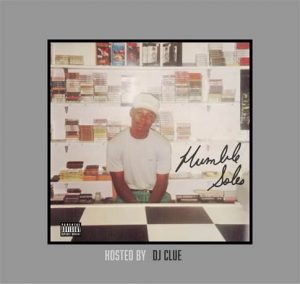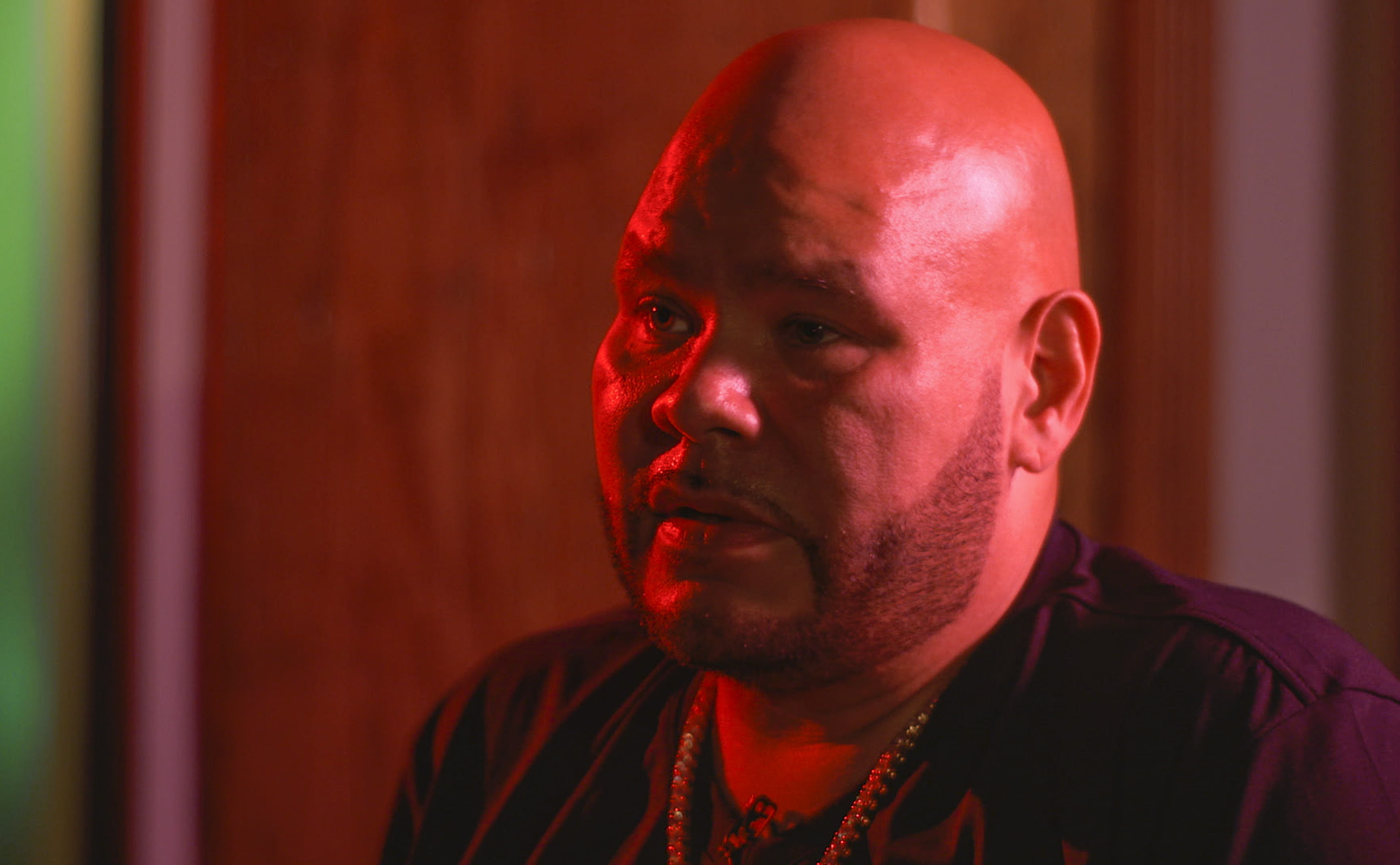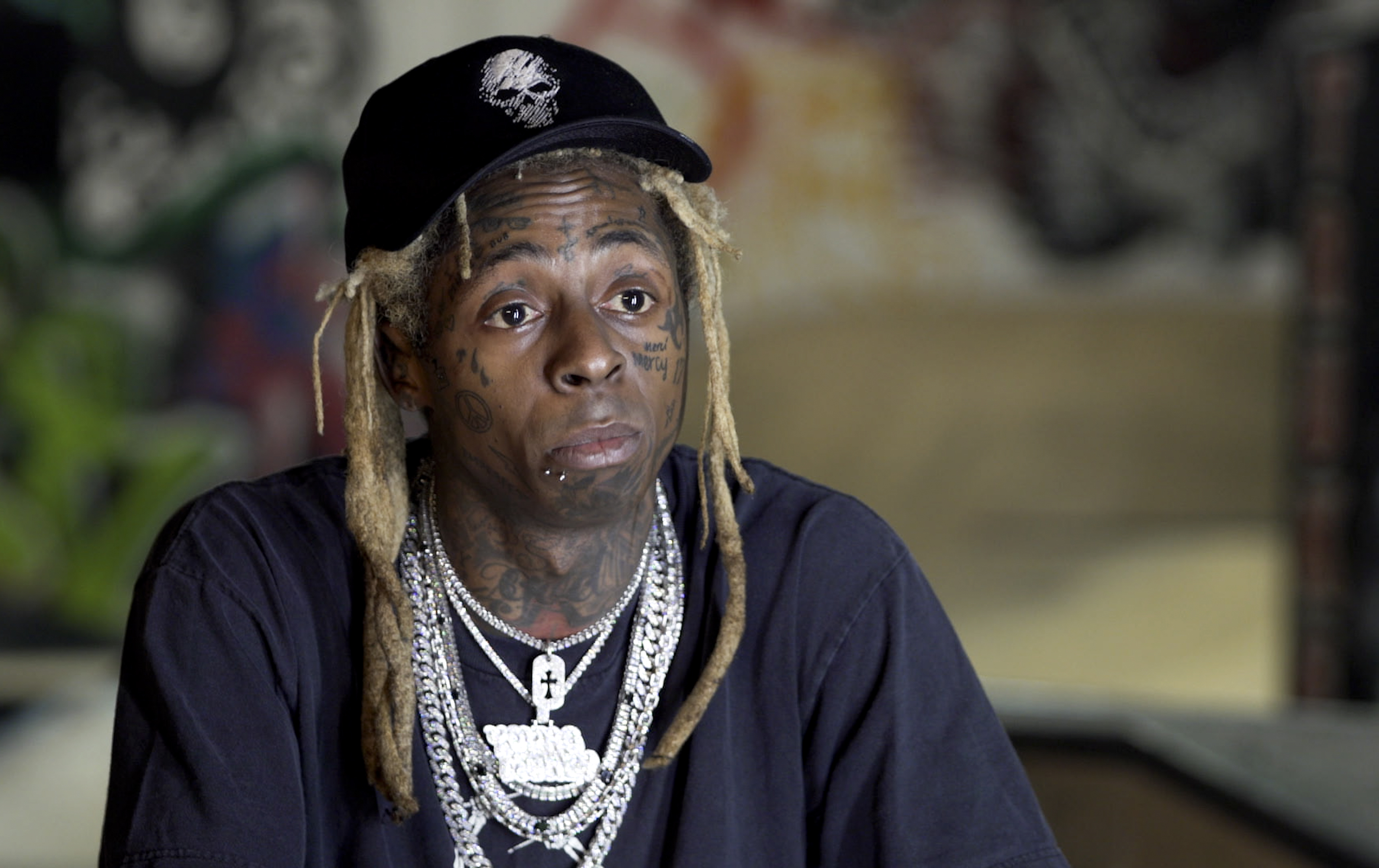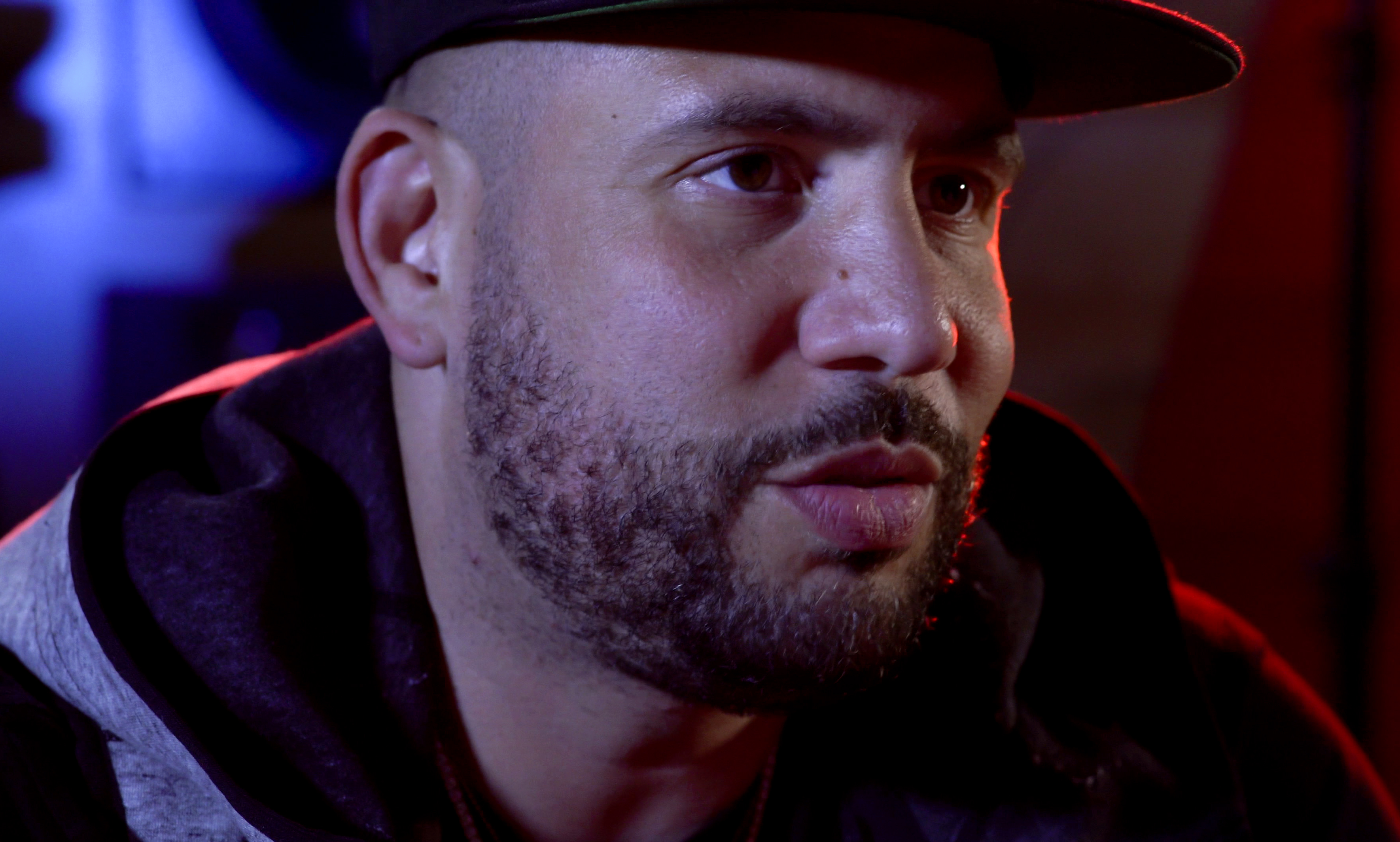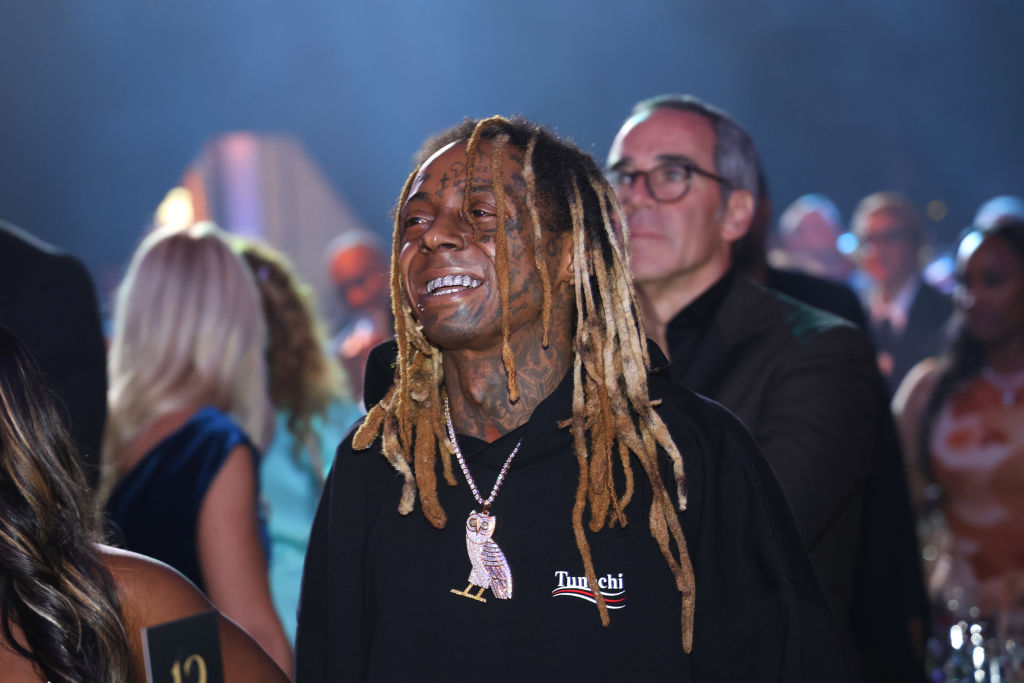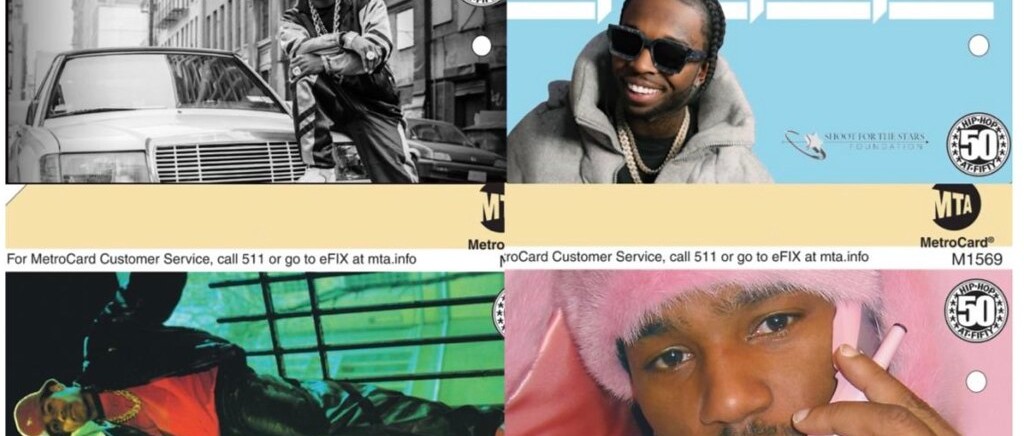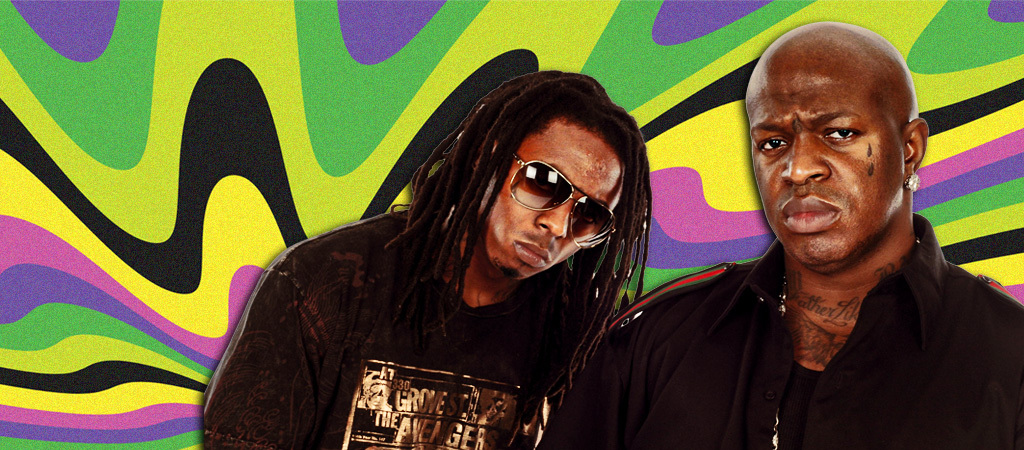The footnotes of hip-hop are filled with stories of rivalries and enemies. East Coast vs. West Coast beefs, debates over production styles, artists inking other artists to labels, only for the deal to fall flat… So much of hip-hop is animated by these sorts of stories, from its inception to 2023. Sales figures get pushed against one another (remember Kanye vs. 50?), underdogs take swipes at kings (a tale as old as time), MCs are accused of ghostwriting (or worse, employing ghostwriters), others are painted as frauds.
Hip-hop is a game of enemies, and even corporations have used this characterization – who can forget Arby’s employing Pusha T to take a shot at McDonald’s? Despite this, though, it’s unfair to highlight rap’s history of rivals without highlighting how crucial mentorships have been to the history of the game. For every beef, there are five successful relationships between master and apprentice, rising star, and graceful vet.
Because so much of rap music began as an oral tradition, one passed down through storytelling, mythmaking, and the act of observing others create, it makes sense that the genre’s foundations are built upon this idea of the transfer of knowledge. Flows are stolen and beats are mimicked, but rap is partially built on this idea of picking and choosing which ideas to take from where.
Sampling, after all, is the literal act of taking a snippet of sound and recontextualizing it. The mentor-mentee relationship is mutually beneficial. One, the mentee gets access to knowledge and an audience otherwise unobtainable, while the mentor makes an investment in the future, leaving a part of their DNA in another artist to carry the torch long after they’re gone. To celebrate 50 years of hip-hop, here are five of the most impactful mentor-mentee relationships in the history of the game:
Kanye West and No I.D.
Long before Kanye West was the most polarizing figure in rap – well, long before he was the most polarizing figure in rap this time and the time before and the time before that — he was an aspiring producer, as so many know. He was, famously, making five beats a day for three summers, looking for an in to the rap game. The scene is early ’90s Chicago. Producer No I.D. was working with Common, who was beginning to make some noise as the new voice in Chicago. Kanye and I.D.’s moms were friends, and the two beatmakers were introduced. No I.D. immediately spotted Kanye’s talent, even managing the wildly skilled artist for a bit. While that relationship didn’t last, their friendship did, which Kanye eventually memorialized in song, even outlining the importance of mentors. On “Big Brother” from 2007’s Graduation, he raps, “My big brother was B.I.G.’s brother / Used to be Dame and Biggs’ brother / Who was Hip Hop brother, who was No I.D. friend / No I.D. my mentor, now let the story begin.”
Eminem/Dr. Dre and 50 Cent
50 Cent was — at one time in the not-too-distant past — the biggest rap superstar on the planet. His debut album, Get Rich Or Die Tryin’, reshaped the way hip-hop captured the public imagination. He made hits for the streets and hits for the club, blending the two in such a way that his songs were both instantly familiar yet entirely unique to his story. Of course, 50 carried massive amounts of innate talent, but it also helped that he had two of rap’s biggest superstars on his side. He was mentored by Dr. Dre and Eminem, who helped sculpt him into the icon he became on Get Rich. It helped to have two of the biggest influencers in rap on your side. Who can forget the music video for “In Da Club,” which features an absolutely jacked 50 engineering himself in a lab, seemingly turning himself into an indestructible behemoth? The reveal, though, shows Eminem and Dre in white lab coats, facilitating the entire training camp. Even they were in on the joke that they had created a monster, though now it’s clear that 50 was likely destined for stardom regardless.
Birdman and Lil Wayne
Lil Wayne’s Young Money empire wouldn’t be what it is today if it wasn’t for Birdman and his game-changing Cash Money enterprise. Before Weezy, Drake, and Nicki took over the industry, Birdman was offering up game to the hustling, rising New Orleans nightmare. Birdman and Weezy first linked up when the latter was only eight years old, and Wayne signed his first deal with Birdman’s label four years later – before he was even a teenager. That deal was for a project with B.G., and two years later Wayne joined the Hot Boyz with B.G., Juvenile, and Young Turk. Of course, it was Wayne’s solo career that turned Cash Money from a regional favorite to an international sensation, but much of Weezy’s success is due to Birdman‘s belief in him as an artist and entrepreneur. In an interview with New Orleans’ Q93 Radio, Birdman broke down the depth of their relationship, saying, “Before I had a child, Wayne and all of them were my children, you heard me? Wayne to me is my son—my first-born son—and that’s what it do for me. That’s my life, that’s my love and that’s my thing. That’s my lil’ son. I love him to death.”
Eazy-E and Bone Thugs-N-Harmony
Eazy-E signed the melodically inclined Cleveland, Ohio rap group Bone Thugs-N-Harmony while on tour in the early 1990s, shortly after the group had chased him across the country hoping to encounter the former N.W.A. legend. Working with the group allowed Eazy an opportunity back onto rap’s mountaintop through Ruthless Records, his clearest path to influence after his West Coast group had fallen apart. Bone Thugs’ 1994 EP, Creepin’ On Ah Come Up features Eazy’s fingerprints throughout, and while Eazy died tragically in 1995, the group’s biggest hit, 1996’s “Tha Crossroads,” was dedicated to the late star. Ironically enough, Eazy was attracted to working with Bone Thugs because they were tighter than N.W.A. ever was. In a 2015 VIBE story, Krayzie Bone recalled something Eazy shared with him: “One thing he used to trip off of was how close Bone was because back then when one of us would get up to go to the bathroom the other four would follow. One day, E told us, ‘Man, if N.W.A. would have been as tight as y’all nobody would have never came between us.’”
Shock G and Tupac Shakur
2Pac didn’t get his start in the rap world on the mic. Instead, he began his career as a dancer and road crew associate with dirty-rap pioneers Digital Underground. The group, led by the inimitable Shock G, landed a massive hit with “The Humpty Dance,” and it was during this time that Tupac was reportedly carrying the group’s crates of vinyl to performances. Fast forward two years and 2Pac was featured on the group’s single “Same Song.” Fast forward four more months and Shakur’s Interscope Records debut landed on shelves. Shock G also lent his professional ear to 2Pac’s work, producing his breakthrough single “I Get Around” and serving as co-producer on Pac’s debut album 2Pacalypse Now. At the premiere of the 2017 movie All Eyez On Me, Shock G (who has since tragically passed as well), reflected on Tupac’s philosophy on life, saying, “He was ready, he knew he was done here. On to his next planet, on to his next adventure, maybe he was reincarnated on Earth, who knows? But Pac wasn’t worried about death. He was not scared of death and neither am I.”
It turns out that mentees can end up leading teachers too.
Some artists covered here are Warner Music artists. Uproxx is an independent subsidiary of Warner Music Group.


